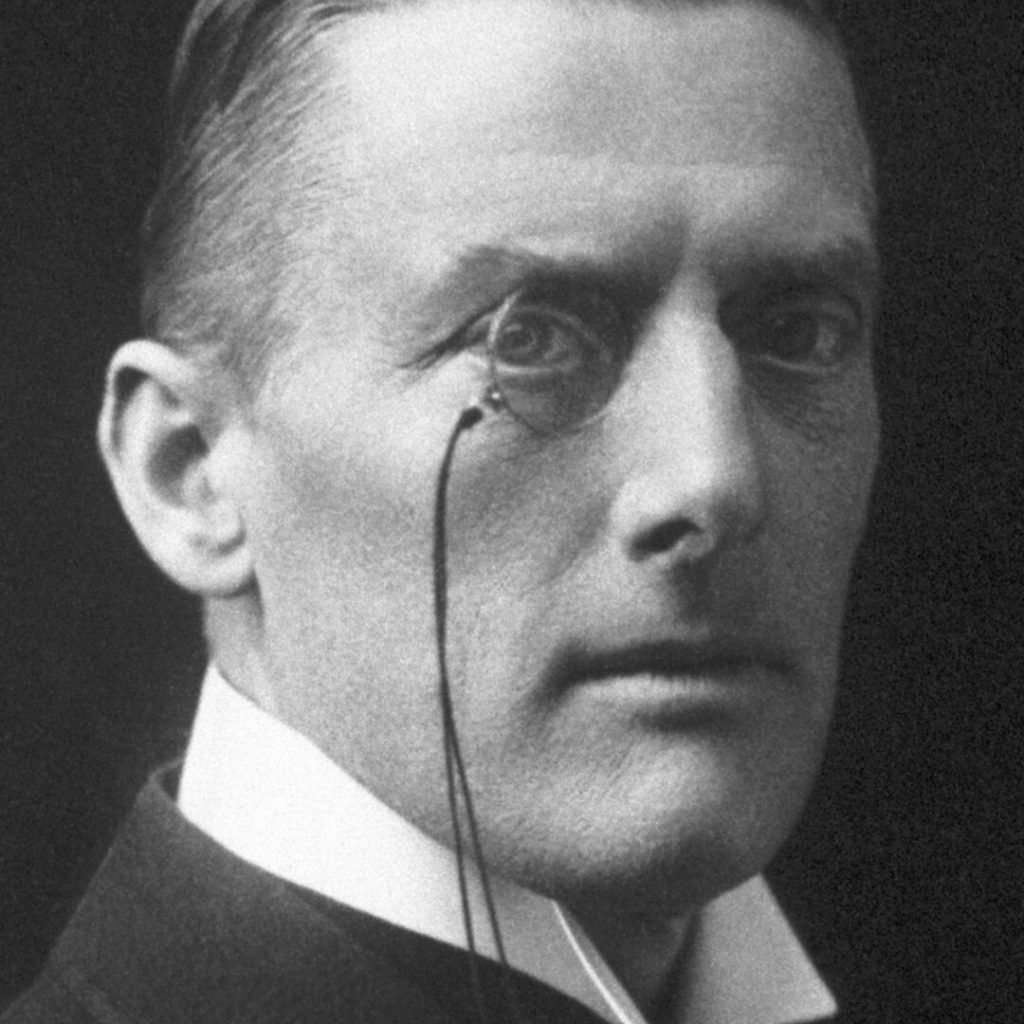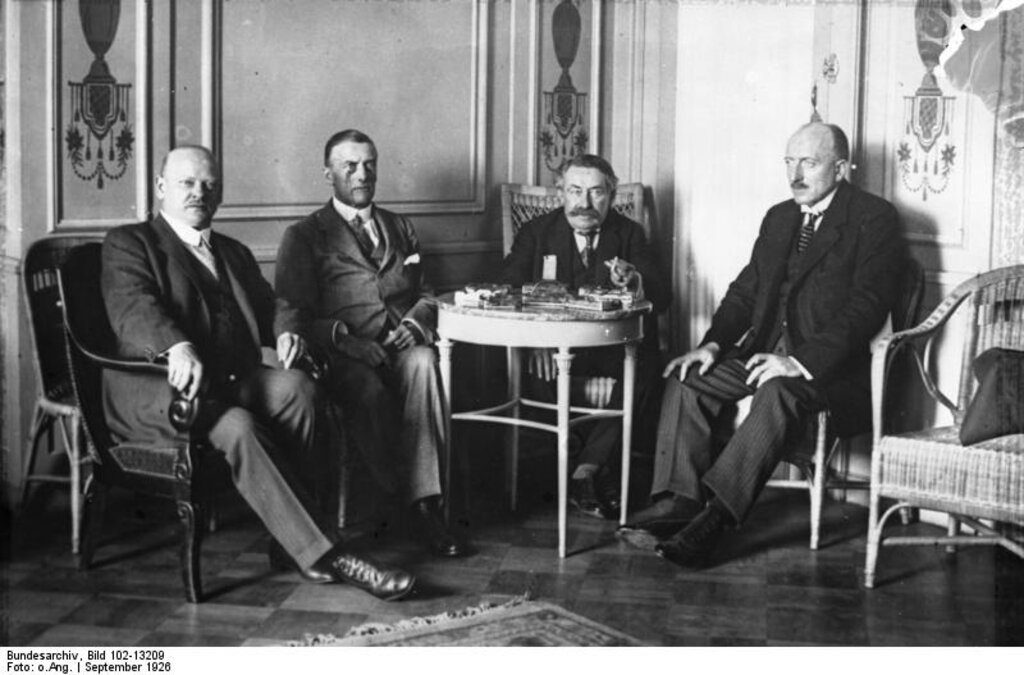Sir Austen Chamberlain
Speed read
Sir Austen Chamberlain was awarded the Nobel Peace Prize for his crucial role in negotiating the Locarno Treaty. He shared the prize with Charles Dawes.

Full name: Sir Austen Chamberlain
Born: 16 October 1863, Birmingham, United Kingdom
Died: 16 March 1937, London, United Kingdom
Date awarded: 10 December 1926
Mediator between Germany and France
Austen Chamberlain received the Nobel Peace Prize for his role in negotiating a treaty in which arch rivals Germany and France recognised each others common borders. A member of the Conservative Party, Chamberlain assumed a government post and took part in the 1919 peace negotiations in Versailles, which levied harsh treatment on the defeated Germans. In 1924 Chamberlain became foreign secretary, and he lent British support to the initiative by German Foreign Minister Gustav Stresemann to launch negotiations on French-German reconciliation the Swiss city of Locarno. In the Locarno Pact, Germany also recognised the borders to Belgium. In British eyes this was an important condition for peace since Great Britain had entered the war in 1914, after Germany attacked France by crossing through Belgium.
”The Locarno Pact marks a radical and complete change in European politics, transforming the relations between the former antagonists in the war and infusing them with an entirely new spirit.”
Fridtjof Nansen, Speech, 10 December 1926.
Chamberlain, the politician
As secretary of state for India during WWI, Austen Chamberlain was responsible for the British military campaign against the Turks in present-day Iraq. After several British defeats in 1916, Chamberlain resigned his post. He later assumed another position in the government, and during peace negotiations in Versailles, he helped to determine the size of German war reparations. As a result of his role in negotiating the Locarno Pact of 1925 that reconciled France and Germany, Chamberlain was awarded with the Most Noble Order of the Garter, Great Britain’s highest civil and military honour.
”… Chamberlain won respect for his integrity and diplomatic skills, but never popularity among the diplomats of the League of Nations, who sensed his distrust of the organization.”
Irwin Abrams: The Nobel Peace Prize and the Laureates, page 109, Science History Publications/USA 2001.

Learn more
Sir Joseph Austen Chamberlain was the eldest son of Joseph Chamberlain, the great British statesman known as the «Empire-builder» he was a half-brother of Neville Chamberlain, prime minister from 1937 to 1940 …
Disclaimer: Every effort has been made by the publisher to credit organisations and individuals with regard to the supply of photographs. Please notify the publishers regarding corrections.
Nobel Prizes and laureates
Six prizes were awarded for achievements that have conferred the greatest benefit to humankind. The 14 laureates' work and discoveries range from quantum tunnelling to promoting democratic rights.
See them all presented here.
